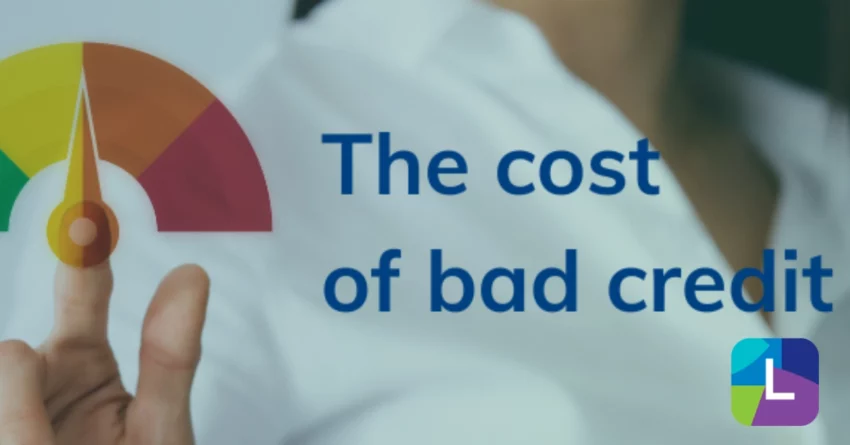Are you someone who is starting to worry about your credit score? Or are you someone who hasn’t thought much about credit scores in the past? Now you may be curious about why people tend to worry so much about it. So what are the consequences of a low score?
Potential issues arise when attempting to take out a loan or apply for credit with a considered low score, typically below 500 or, in some cases, 600. Having a low score suggests to lenders and creditors that you are too risky to lend to. This could be because your credit report tells them that you have had issues in the past with gaining a loan or making repayments. It could also be a case of having a short credit history where there are no past examples. This can cause them to be hesitant and not want to risk being the first to lend to you.
If you do manage to get accepted for credit with a low score, you may be faced with higher interest rates and fees to balance the risk of lending to you. Always check the interest rate you specifically are being offered. This may differ from the company’s usual rates if your score is lower than their usual requirements.
Did you know a low score can affect your purchases even if you are not taking out a credit/loan? Want to lease a car or acquire a new phone contract? Retailers will likely do a credit check to see your repayment history. If your score is too low, this could indicate a red flag for them which stops you from being able to purchase what you wanted to.
If you feel like your score is low, don’t panic, there are ways to improve this! Although there are no magical ways to immediately boost your score, there are a few things you can do to improve your rating over time.
Has our credit score series has made you curious to know more about your history?
You can access a detailed copy of your own report through CheckMyFile.*
5 Mistakes That Can Ruin A Student’s Credit Score
*Where you access the services of CheckMyFile through the link above, Lendwise will receive a small affiliate fee.
